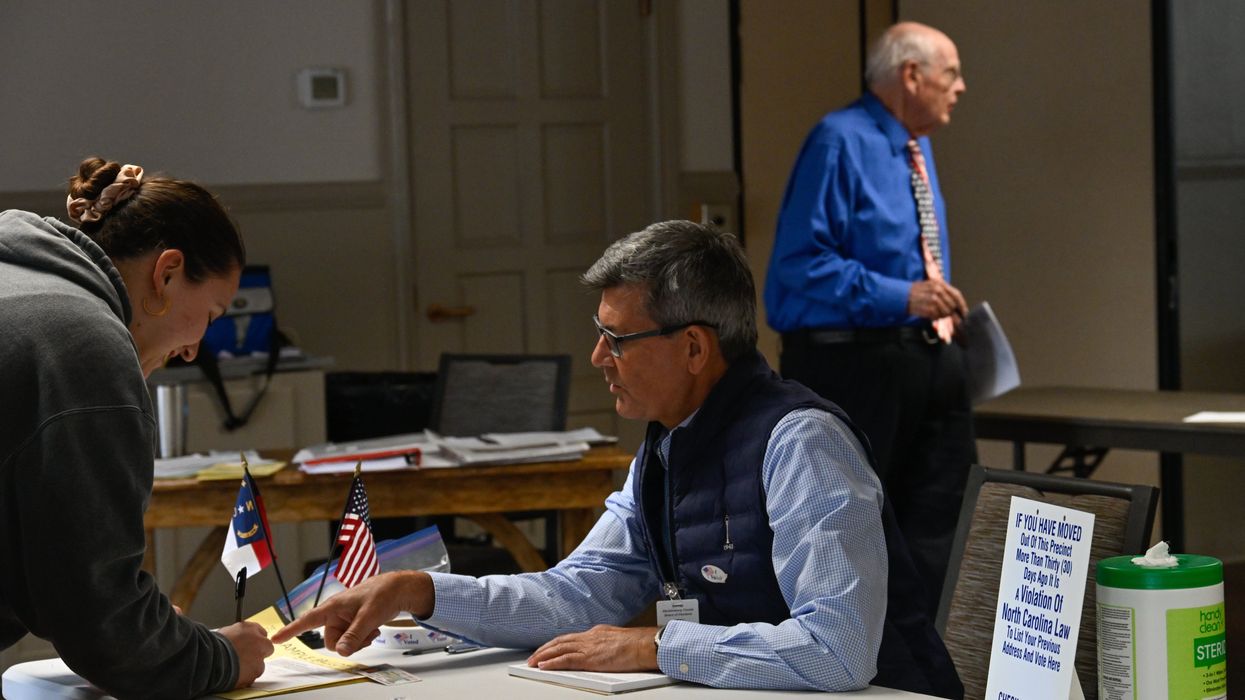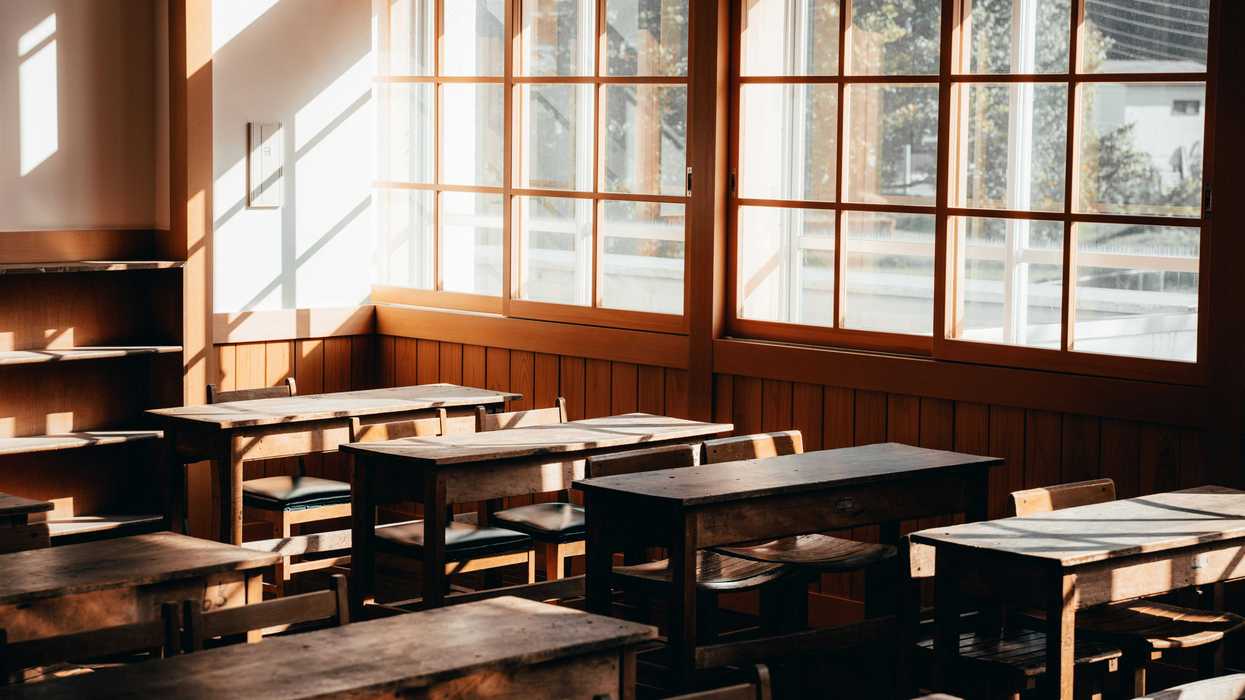Whaley is the director of election protection at Issue One and co-chair of the American Political Science Association's civic engagement section. She teaches politics at the University of Virginia.
Elections are the primary mechanism for Americans to communicate their ideas, priorities and values. As someone who closely studies civic engagement and elections, I’ve seen firsthand the crucial work that election administrators and poll workers do to make it possible for people to have a say in our system of self-governance. They are the Faces of Democracy.
In the United States, we have a complex election administration system that is widely decentralized, with states and localities making their own choices about election policies and procedures and allocating the limited resources they have accordingly. This complexity can make it challenging for voters to navigate and understand the process. And surveys also show that many Americans are now concerned about the influence of partisan politics on the process of managing elections and counting votes.
While the national conversation has focused attention on the (admittedly troubling) instances of threats, harassment and abuse targeted at election officials, this often overshadows their resilience and their unwavering dedication to upholding democracy. There’s no doubt election administrators and poll workers face significant difficulties, such as threats to their physical safety, responding to an onslaught of false information campaigns and the logistical challenges of managing elections in a politically charged environment. These challenges underscore how important it is for ordinary Americans to step up and do our part by becoming poll workers. Together, election administrators and poll workers can keep our elections safe, secure and accessible.
Election administrators and poll workers have unique and essential roles in our electoral system, which is the primary way most people directly participate in government (though there are many other opportunities for civic involvement to make positive change on pressing public issues). Election administrators are the public servants who oversee and carry out the overall election process. They ensure compliance with laws, coordinate logistics, hire poll workers and oversee the counting of ballots. Poll workers are trained as part of a large, temporary workforce to staff polling places during early voting and on Election Day. Although most poll workers are paid, they are not employed full time by a board of elections, county clerk’s office or similar government body. Poll workers perform many different tasks at their assigned polling places, including: helping voters check in, managing voter lines, troubleshooting equipment, providing directions and assistance to voters, and/or counting ballots.
According to estimates from the Election Assistance Commission, it takes a temporary workforce of about 1 million poll workers to staff polling places across the country for a general election in a presidential election year. While poll workers are crucial to the functioning of elections, they also get something out of the experience. This year, we have seen a growing gap in how confident people are in the fairness of elections based on the political party with which they identify. While not the only solution to this challenge, the experience of being a poll worker can enhance people’s confidence that our elections system is fair.
Being a poll worker offers a firsthand look at democracy behind the scenes. According to surveys of poll workers from recent elections conducted by Power the Polls, 86 percent believed that elections were run well in their community. I have also seen firsthand how participating as a poll worker can increase both confidence in how elections work and an individual’s civic agency. For the last several federal and state election cycles, I’ve recruited poll workers and created a curriculum to teach how elections are run. Individuals who served as poll workers reported a better understanding of what it takes to develop and implement election laws and regulations, and an appreciation for the sheer amount of work required to ensure the voting process is safe and secure.
Election administration isn’t perfect, and much more can be done to continue to modernize and professionalize the ways in which ballots are administered and counted in this country. But if we’re going to question and criticize the process, we also have to be willing to roll up our sleeves and pitch in on solutions.
Election administrators across the country are deeply committed to ensuring that the 2024 elections are safe, secure and accessible, but they can’t do it alone. We need to do our part. Sign up to be a poll worker through Power the Polls and be part of the team working to protect democracy. By volunteering, you can make a significant difference in ensuring that our elections remain free, fair and credible. Let's stand together to support our election administrators and uphold the democratic process at the center of our system of self-governance.




















